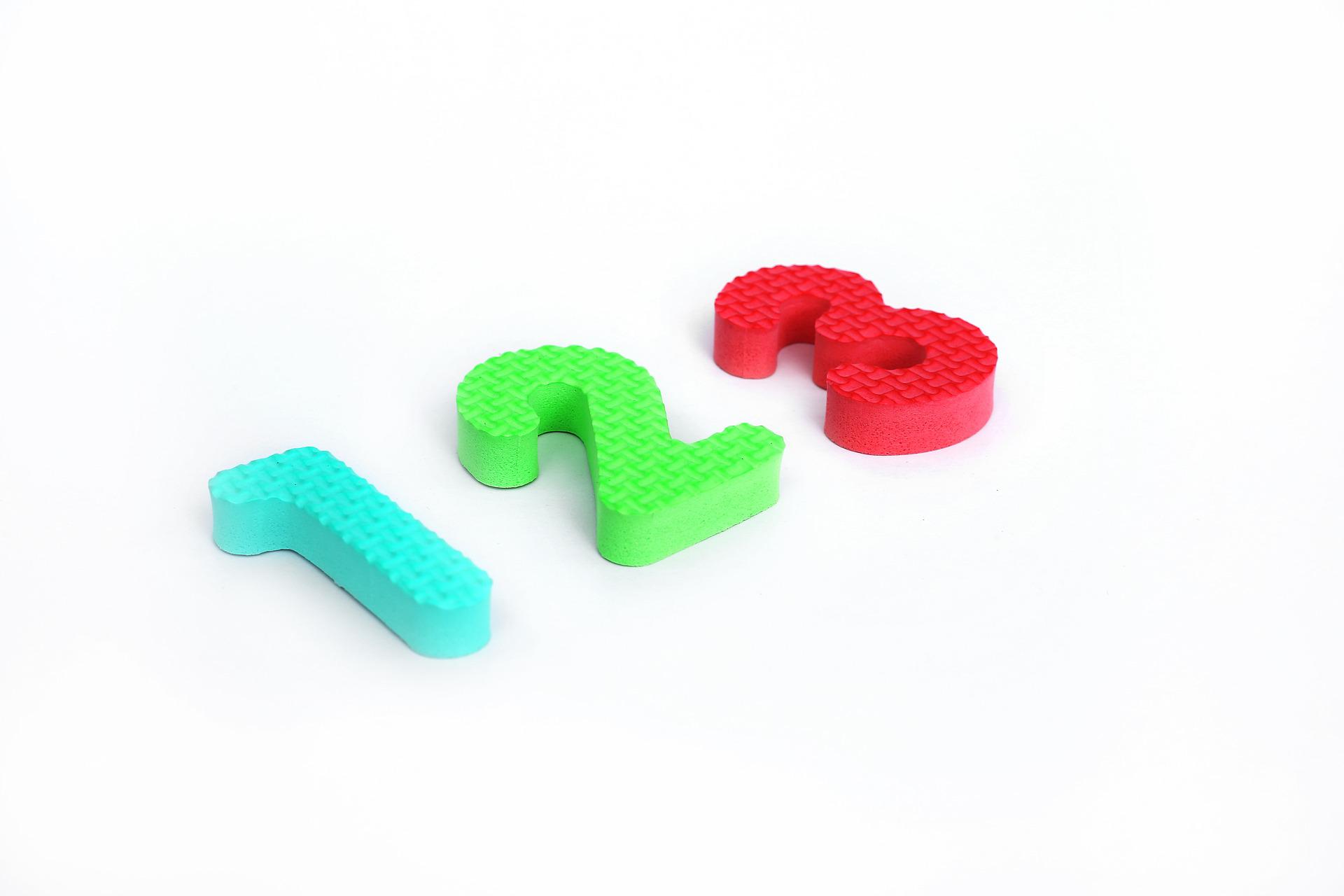
Research shows that most parents are harder on the oldest child because they want to the oldest child to serve as an example to their prospective siblings. What also drives the stern mode of parenting on the oldest child is the desire to make the child responsible.
In many ways, the oldest child winds up preforming somewhat co-parenting functions the raising of their younger siblings. Hence from the get go, the oldest child is groomed into a leadership role.
Contents
- 1 Trial and Error
- 2 Parents are Generally More Hands-on With the First Borns Than With Siblings
- 3 Firstborn Children Tend to Be More Goal-oriented
- 4 The Firstborn Child Is A Parenting Guinea Pig
- 5 Higher Expectations Are Placed on the First Born Child
- 6 Perfectionist
- 7 Self-sufficient
- 8 Self-reliant
- 9 People-pleaser
- 10 The Oldest Children Get More Attention
- 11 Parents Are Stricter with the Oldest Child
- 12 Final Thoughts
Trial and Error
Research also shows that the parenting exercised on the first born child is pretty much trial and error on many fronts as parents are experimenting with a number of approaches. This contributes to the parents being hard on the child as well.
“Parents are definitely harder on their firstborn children,”
Dr. Fran Walfish, Psy.D Author of The Self-Aware Parent
Parents of children who were born later may just parent a little less and exert less pressure on them, according to researchers. Probably the firstborn children receive the most direct parenting.
For everything from watching TV to curfews to jumping on the bed, parents are more likely to set more stringent rules for their firstborn children.
Parents are Generally More Hands-on With the First Borns Than With Siblings
According to the report, parents are considerably more likely to be actively involved in their firstborn child’s academic success that they are in the in non-first born child. Firstborn children are far more likely than later-born children in the same household to get incentives and punishments based on academic success.
Hotz and Pantano came to the conclusion that parents have stricter restrictions and a reputation for being stern when they first begin parenting.
According to another study, parents are more likely to punish their oldest child than their youngest. The study was conducted by Duke University, the Johns Hopkins University, and the University of Maryland. The study also found that parents punish their oldest child more harshly.
Firstborn children pan out with some positive traits as well as negative traits. Hence parents need to aim for a balanced approach to raising a first born child.
Firstborn Children Tend to Be More Goal-oriented
According to a University of Essex study, firstborns tend to be more ambitious and responsible than their siblings. They are also more likely to take up higher education and to adhere to rules. However, these characteristics can also make them feel insecure. Nevertheless, firstborns can benefit from the freedom to express themselves and take the initiative to do the best.
As a result of the stern parenting mode on the oldest child, the firstborn has a strong need for approval and often grows up trying to please their parents. They may be hard-working, competitive, or perfectionistic.
As the firstborn, they are also prone to having higher self-esteem than their siblings. While they can be ambitious and goal-oriented, they often struggle with peer pressure and lack confidence.
The Firstborn Child Is A Parenting Guinea Pig
The firstborn child has a difficult role in a family. Parents are often more hard on their firstborn children than on later children. Typically, the firstborn child is the “guinea pig” and gets the brunt of their parents’ mistakes. Sometimes, the oldest child is more outspoken than their younger siblings.
According to a study published in the Journal of Human Resources, firstborn children experience greater emotional distress and conduct problems than younger siblings. In addition, they tend to score higher on cognitive tests than younger siblings. This means that they have a better chance of achieving academic and intellectual success.
Higher Expectations Are Placed on the First Born Child
Parents often put more expectations on their oldest children than they do on their younger siblings. Oftentimes, parents expect their oldest children to behave more maturely and be more responsible. They also may blame their older children for any sibling conflict.
Parents also may be more strict with the oldest child than their younger ones. In some families, parents are harder on the oldest child simply because they are afraid that their older children might become rebellious.
Children often resent being the oldest in the family. Older siblings have the responsibility of taking care of their younger siblings and are expected to be responsible for more chores and responsibilities than their younger siblings. This can lead to a resentful firstborn child.
Perfectionist
If you’re the oldest child in the family, you are probably a bit more ambitious than your younger siblings. As a firstborn, you have probably watched your parents color inside the lines and pour milk without spilling it, and that has probably made you want to be just like them.
This makes it difficult to let go of your ambitions, and it may also cause you to be hard on yourself for making mistakes.
A recent study suggests that parents punish the oldest child more severely than other children. The firstborn is the guinea pig, so to speak, so the parents try to get him or her to behave the way they want.
Parents want to set a good example and discourage the younger siblings from doing the same things. As a result most first born children end up being perfectionists.
Self-sufficient
Most first borns tends to be more self-sufficient. Self-sufficiency is a key part of a child’s development, and it’s very important to encourage children to do things for themselves. Doing so makes them feel more mature and independent, and their self-confidence will grow along with their self-sufficiency.
However, parents may prefer doing things for their children, such as undressing them or tying their shoelaces, if they’re in a hurry.
Self-reliance requires that children develop their own independence, and it begins with fostering their own sense of value and worth.
The downside of this is that Self-reliant people believe in their abilities, and they do not need the help of others. They also do not want to become a burden on others. This attitude is different from a child who is dependent, who tends to look for things from others, including his parents.
Self-reliant
Those who have a self-reliant child say that it can be challenging, but it is a crucial skill that every child needs to develop. It takes patience to become self-sufficient. When a child is able to do most things for themselves, it will help him or her grow into a self-reliant adult.
Self-reliance helps young people explore their powers and abilities. It gives them the confidence to take care of themselves and is a great trait to have, which is why it is so important to encourage it in children at a young age.
Parents should give simple tasks to kids as early as three years old, and they should be encouraged to take on responsibility. It is important to let kids feel responsible for their actions, but it is also crucial to help them learn to use their own resources.
People-pleaser
One of the biggest challenges first borns face in their development is that of becoming people pleasers in the bid to please their parents.
First born children are forced to behave in a way that is consistent with the values and morals taught to them. While this can be good, it can lead to problems when children obsess about pleasing their parents and thereby erasing themselves in the process.
It is important for parents and children to understand that these behaviors can harm themselves and other people, and should be addressed.
People-pleasing behavior will make your child feel bad about himself or herself, and it can lead to conflict with family members and friends. Children need opportunities to establish their own boundaries and learn to consider the feelings of others.
People-pleasing behavior often begins at a very early age. Children learn to ignore their own feelings and needs in order to please their parents. They develop this behavior because they have not been shown how to meet their needs in a healthy way. Emotional abandonment is just as frightening for children as physical abandonment, and children learn to adapt their behavior in order to satisfy their parents’ needs.
The Oldest Children Get More Attention
The oldest child often receives more attention and privileges than other siblings. This is because older children are often smarter and more responsible.
They are also less likely to engage in risky behaviors or become pregnant as teenagers. They are also the most loyal to the family. In addition, parents tend to place higher expectations on the oldest child than the other siblings.
While there is no concrete evidence, studies of parenting patterns have shown that older children are more severely disciplined than younger siblings. It may be because they are expected to set a good example for younger siblings. The older child may also have higher expectations, and may be less willing to accept failure.
Parents Are Stricter with the Oldest Child
The oldest child has a different set of needs than the younger ones. Parents who have a first-born child tend to be stricter, based on their high expectations of them. Their firstborn status also allows them to benefit from the mother’s undivided attention. When another sibling is born, the firstborn loses this attention, and this can leave a child feeling resentful.
According to a study conducted by Duke University and Northwestern University, parents punish their eldest child more often than their youngest. This is because the oldest child often is responsible for more chores than the youngest. The older child also has the responsibility of being overprotective of the younger children.
Most parents generally feel that the oldest child must act more like an adult and have more responsibility. In addition, this older child is often blamed for sibling conflicts.
This is not the best way approach parenting. The first born child deserves time to be a child and to grow up without worrying about their siblings or any pseudo parenting functions.
Final Thoughts
Typical approaches to parenting the oldest child make up a mixed bag of the good, the bad and the ugly. The positives empower the child to be responsible and obedient.
However if matters are taken to the extremes the older child may suffer a lot of self-concept and developmental damage as he or she may begin to abandon him or herself and obsess over the expectations of the parent.
On the positive side, and largely due to the hands-on-the-deck approach to parenting, the oldest child tend to do excel academically. In the U.S., the National Longitudinal Survey of Youth (NLSY) has shown that firstborns tend to have better grades than their younger siblings.
Driving your child towards academic success great, however the goal must be to raise a well-rounded child who excels in all facets.



